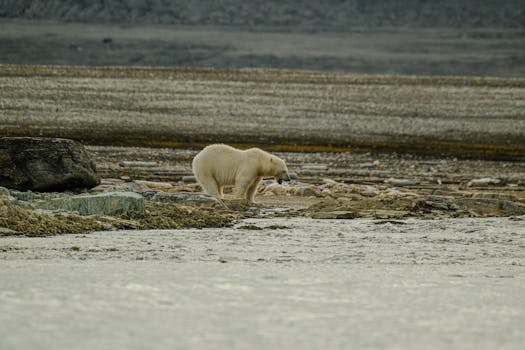
Introduction

The impact of climate change on global ecosystems is profound and far-reaching. As global temperatures rise, ecosystems around the world are experiencing dramatic changes, affecting biodiversity and the balance of natural habitats.
Effects on Biodiversity

Climate change poses a significant threat to biodiversity. Species that cannot adapt quickly enough to changing conditions face extinction. For instance, polar bears are losing their habitat due to melting ice caps, while coral reefs are suffering from bleaching caused by rising sea temperatures.
Changes in Habitats

Many ecosystems are shifting due to climate change. Forests are moving toward higher altitudes and latitudes, while wetlands are being altered by changing rainfall patterns. These shifts disrupt the delicate balance of ecosystems, leading to unforeseen consequences.
Impact on Food Security

Climate change also affects agriculture, as changing weather patterns can lead to crop failures. Droughts and floods can devastate food supplies, leading to increased prices and food insecurity for vulnerable populations.
Conclusion

In conclusion, the impact of climate change on global ecosystems is significant and multi-faceted. Protecting biodiversity and adapting our agricultural practices are essential steps to mitigate these effects and preserve our planet’s ecosystems for future generations.



